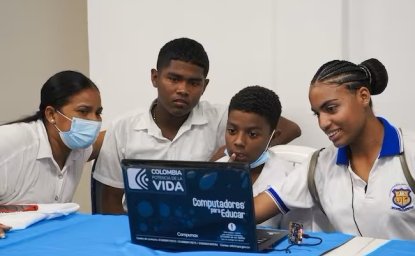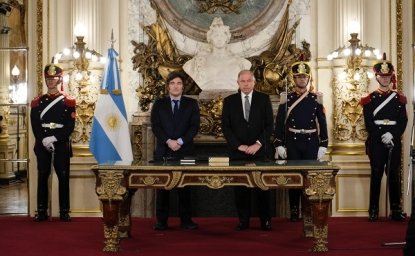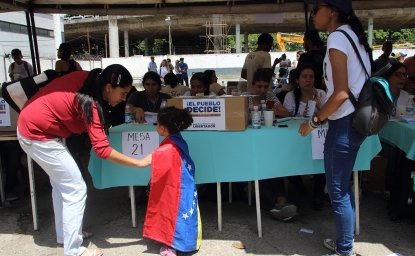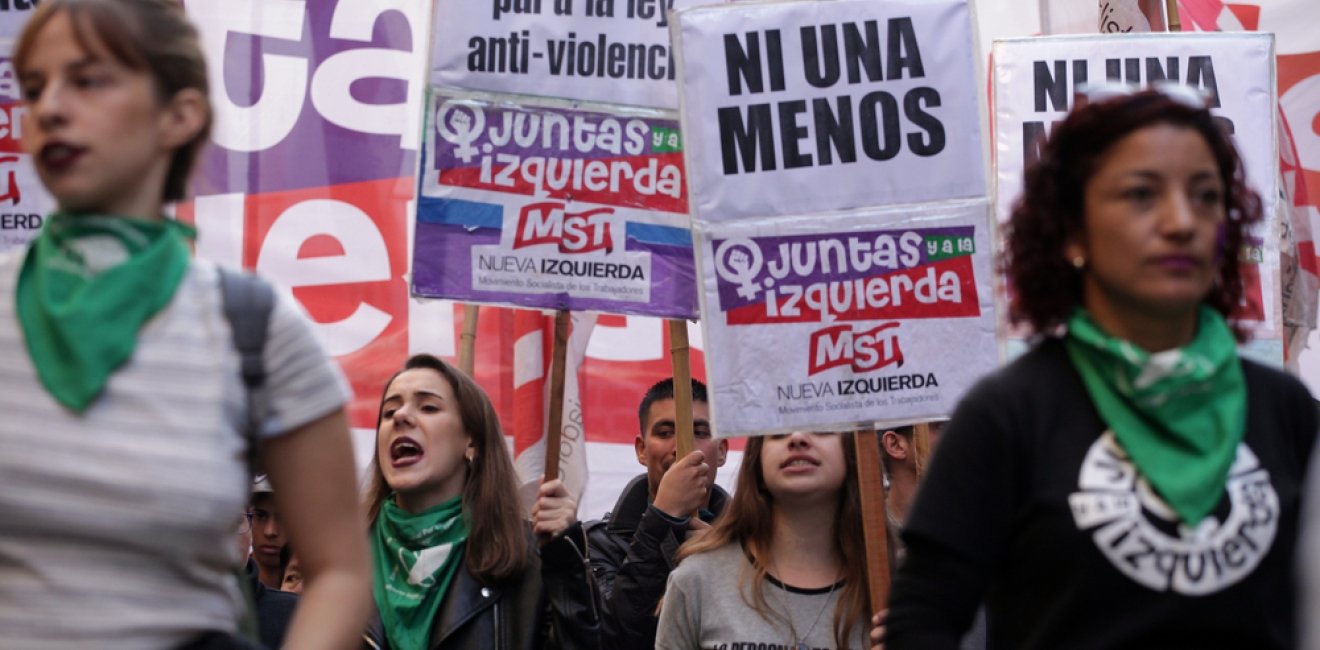
A blog of the Latin America Program
The slogan for Argentina’s feminist movement, “Ni Una Menos,” was coined by Mexican activist and femicide victim Susana Chávez. Though tough to translate, it became a potent expression of fear and anger over the alarming rate of violence against women and a perception of disinterest among Argentina’s leaders.
In 2019, the movement found an ally in the Casa Rosada presidential palace, Alberto Fernández, who called himself Argentina’s first “feminist president.” He supported historic legislation in 2020 to legalize abortion, established the Ministry of Women, Gender, and Diversity, and strengthened the nation’s femicide registry. That success inspired feminist movements regionwide, including in Bolivia, Brazil, El Salvador, Mexico, and Peru, in their efforts to combat domestic violence, close the gender wage gap, promote reproductive rights, expand access to childcare, and promote gender parity in government and in the private sector.
However, the 2023 election of libertarian President Javier Milei represented a stunning reversal for Argentina’s feminists. Milei, who denies the existence of gender inequality and opposes abortion, swiftly closed the Ministry of Women, Gender, and Diversity, criticizing its “ideological agenda.” He did not spare the gender-based violence hotline from recent deep budget cuts and at the United Nations, he was the only leader to vote against a resolution to promote the end of gender-based violence.
If Milei’s election offers a glimpse of what is to come elsewhere in the region, Latin America’s feminists might be fighting an uphill battle in the years to come.”
The next blow to Argentine feminists came in August 2024, when images of Fabiola Yañez, Fernández’s former partner and first lady, revealed evidence of apparent domestic abuse during his presidency. Fernández has since been charged with gender-based violence. He denies the allegations, but the damage to his reputation, and to the movement he championed, was profound.
Amid accusations of hypocrisy directed against the former president, criticism of the broader gender equality movement has crescendoed, including on social media, where Argentina’s popular new president is active and unpolished. In part fueled by Milei’s rhetoric, feminist public figures are facing streams of abuse online.
This turning of the tide is not unique to Argentina. Just as Argentina was a trailblazerfor the regional feminist movement, Milei might signal a regionwide backlash against increasing gender equality. Traditional conservatives and far-right political figures are gaining support throughout Latin America and progressive leaders, such as Chile’s Gabriel Boric and Colombia’s Gustavo Petro, face low approval ratings. In the year since the Argentine election, conservative lawmakers in Bolivia, Brazil, the Dominican Republic, and Uruguay have introduced legislation that would curtail women’s rights.
For their part, Argentina’s feminists are rallying around the “Ni Una Menos” campaign and taking steps to unify the movement. Their ability to protect recent gains, however, is unclear. If Milei’s election offers a glimpse of what is to come elsewhere in the region, Latin America’s feminists might be fighting an uphill battle in the years to come.
Author


Latin America Program
The Wilson Center’s prestigious Latin America Program provides non-partisan expertise to a broad community of decision makers in the United States and Latin America on critical policy issues facing the Hemisphere. The Program provides insightful and actionable research for policymakers, private sector leaders, journalists, and public intellectuals in the United States and Latin America. To bridge the gap between scholarship and policy action, it fosters new inquiry, sponsors high-level public and private meetings among multiple stakeholders, and explores policy options to improve outcomes for citizens throughout the Americas. Drawing on the Wilson Center’s strength as the nation’s key non-partisan policy forum, the Program serves as a trusted source of analysis and a vital point of contact between the worlds of scholarship and action. Read more


Argentina Project
The Argentina Project is the premier institution for policy-relevant research on politics and economics in Argentina. Read more

Explore More in Weekly Asado
Browse Weekly Asado
¿Qué Vemos Hoy?

ColombIA

¡Afuera! Milei Puts his Stamp on Argentine Diplomacy

